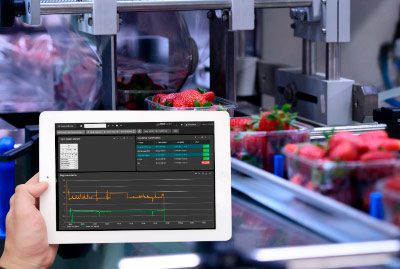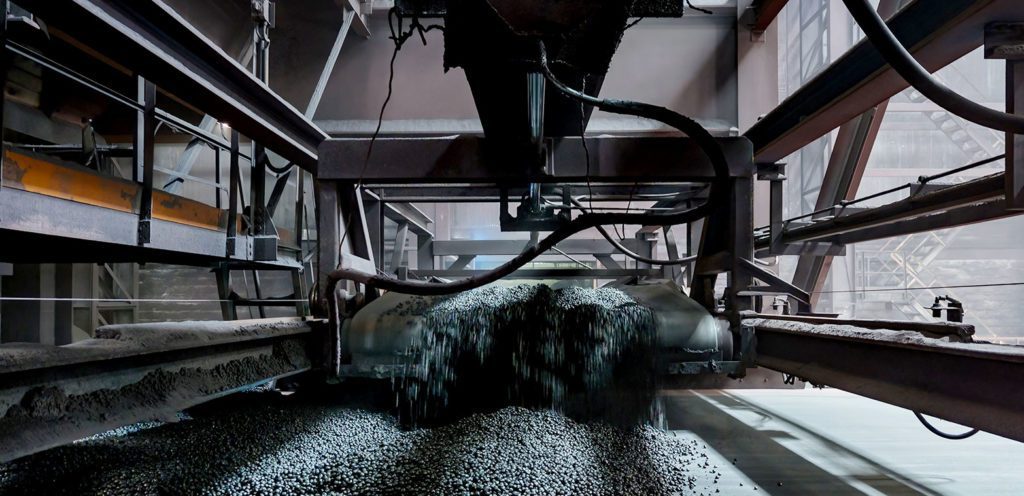In-plant data capture is based on the collection of data from production processes to transform them into reliable contextualised information.
The action of capturing data motivates the digitisation of production so that data is obtained automatically, guaranteeing its availability and integrity.
At the same time, data capture in the plant allows production control to be automated. In other words, this hardware is connected to the different machines in the production plant to extract their information. This offers great traceability when it comes to knowing the data of each production process.
The process of capturing data makes it possible to identify how the state of production is progressing and to control the total traceability of the product, knowing information on how, what, when and who in a much more precise way.
Advantages of in-plant data capture
Real-time information
Through data capture in the plant, information on each production process is obtained immediately. The information is collected, sorted and classified in real time, so that both managers and operators can know the status of the production process immediately.
Increased efficiency
Data capture in the plant also increases efficiency as operators will have access to the data collected. They will be able to know how many units they have made, what is the real time for the production of a unit, how long they stop, etc. In this way, they will be able to be aware of the OEE and make much better decisions, improving their efficiency to achieve the objectives set.
More realistic and reliable data
In-plant data capture provides completely reliable and real data. This data is not subject to a person’s subjective perceptions or possible assumptions.
Therefore, human error is avoided and traceability is achieved when collecting data in real time.
Saving time
The time spent manually capturing, contextualising and interpreting data is a process that can be slow, complex and tedious. Automating this process results in a quantitative improvement in the time spent and allows you to focus on the analysis and interpretation of information for decision making.
In addition, in-plant data capture is one of the main benefits of an MES system. In conclusion, in-plant data capture is a practice that, using digital tools, allows to increase plant efficiency by providing reliable data in real time.









